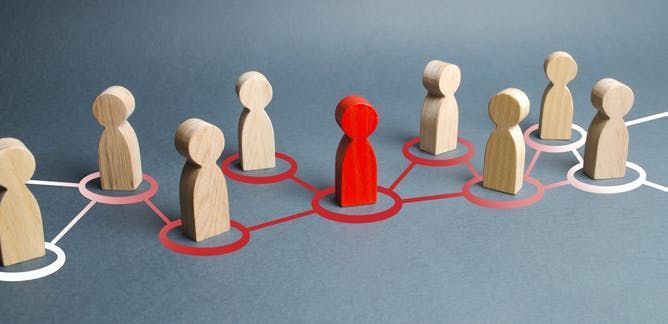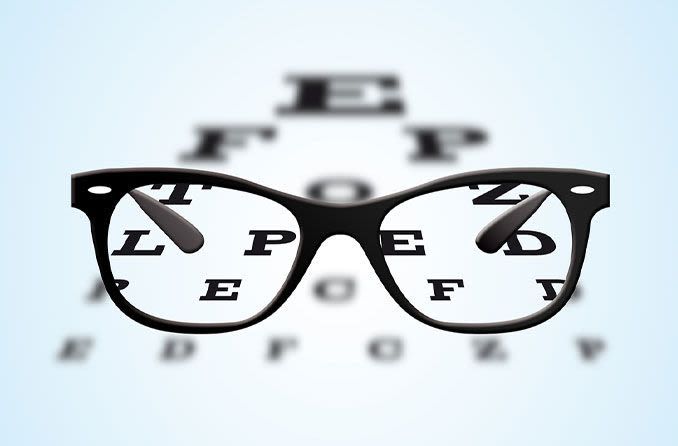(1) Genetic and Biological Factors: There is evidence to suggest that there may be a genetic component to social anxiety. If you have a family history of anxiety, you may be more at risk of developing social anxiety. Additionally, imbalances in neurotransmitters (chemicals in the brain) like serotonin may play a role in the development of social anxiety.
Where Does Social Anxiety Come From?
Where Does Social Anxiety Come From?

Dealing with the challenges of social anxiety can be difficult and overwhelming. In times of frustration, you may have wondered - Why am I like this? Where does this social anxiety come from? Here we look at some factors that contribute to social anxiety. We also look at why this knowledge can be helpful. “Knowledge is power” they say. Hopefully that’s true for you.
Factors Contributing to Social Anxiety
Social anxiety, also known as social anxiety disorder (SAD) or social phobia, is a complex condition that can have various contributing factors. It typically arises from a combination of genetic, environmental, psychological, and social factors. Here are some of the key elements that may contribute to the development of social anxiety:


(2) Environmental Factors: Traumatic or negative social experiences during childhood or adolescence, such as bullying, ridicule, or social rejection, can contribute to the development of social anxiety. These experiences can shape an individual's beliefs and expectations about social interactions.
(3) Cognitive Factors: Cognitive factors involve an individual's thought processes. People with social anxiety often have negative thought patterns, such as anticipating social judgement, overthinking social interactions, and fearing negative responses from others. These thought patterns can intensify social anxiety.

(4) Behavioral Factors: Avoidance of social situations, or coping mechanisms that involve excessive use of safety behaviors (e.g., excessive rehearsing, alcohol or drug use, etc) can maintain and exacerbate social anxiety. Avoidance prevents individuals from learning that their feared outcomes are less likely to occur than they believe.
(5) Social and Cultural Factors: Societal expectations, cultural norms, and social pressures can contribute to the development of social anxiety. For example, living in a culture that places high importance on social status, appearance, or conformity, may increase the risk of developing social anxiety.

(6) Personality Factors: Certain personality traits, such as shyness or introversion, may increase an individual's vulnerability to social anxiety. However, not all shy or introverted individuals develop social anxiety.
(7) Psychological Factors: Other psychological factors, such as low self-esteem, perfectionism, and a tendency to self-criticize, can contribute to social anxiety.
It's important to note that social anxiety can manifest differently in individuals, and the specific combination of factors that contribute to its development can vary. While these factors can increase the risk of social anxiety, it is a treatable condition. Various therapeutic approaches, including cognitive-behavioral therapy (CBT) and medication, can help individuals manage and overcome social anxiety. Read here for more information about treatment: Can You Cure Social Anxiety? If you or someone you know is struggling with social anxiety, seeking professional help from a therapist or counsellor is a valuable step in addressing the condition and moving you towards the future you want.
Why does it Matter Where it Comes From?
The origins or causes of social anxiety can be important for several reasons, but it doesn't necessarily change the fact that someone is experiencing it. Here's why understanding the roots of social anxiety can be significant:
(a) Tailored Treatment: Understanding the specific factors contributing to your social anxiety can help mental health professionals provide more effective and tailored treatment. For example, if social anxiety is primarily linked to traumatic experiences, therapy may focus on processing and healing from those traumas. If it's primarily a genetic factor, medication and therapeutic approaches can be adjusted accordingly.

(b) Reducing Stigma: Recognizing the factors that contribute to social anxiety can help individuals realise that it’s not simply a character flaw, but a very real mental health issue that is manageable. Diminishing the unwarranted stigma will help to foster empathy, and understanding of others, and also encourage people to seek help.

(c) Personal Insight: For those experiencing social anxiety, understanding its origins can provide insight into their own thought patterns and behaviors. Getting clarity and seeing things more clearly, empowers us to make change. This insight can also be beneficial in helping individuals develop strategies to manage their social anxiety based on it’s causation.
(d) Prevention: Understanding the causes of social anxiety can inform prevention strategies, especially in cases where environmental or social factors play a significant role. For example, anti-bullying programs in schools can help reduce the likelihood of social anxiety in children. This type of knowledge is the cornerstone for prevention efforts, shaping a world where children and vulnerable individuals can be shielded from potential trauma.
(e) Family Support: If social anxiety has a genetic component, understanding its origins can be helpful for the family unit. Recognising that it runs in the family may help all family members be more supportive and empathetic towards each other. Sharing similar experiences of social anxiety may provide a feeling of safety and understanding.
It’s important to note that regardless of its origins, social anxiety is real and treatable. Effective therapies are available, and people can learn to manage and, in many cases, overcome social anxiety with the help of mental health professionals. Ultimately, discovering the source of social anxiety is not about dwelling on the past but it’s a vital step towards understanding and managing it.
In The End
Social anxiety can come from a range and combination of factors. Understanding it's origins matters because it can provide us with a compass to navigate an individual’s unique journey. This can help us provide a tailored, effective treatment approach that can lead to lasting change. Whether it stems from traumatic experiences, genetic predisposition, or environmental factors, pinpointing the source of social anxiety helps individuals, and their support systems, build a better future – one where they can regain their sense of balance and flourish in their lives.
To find out more about Anxiety Counselling click here, or go to Contact Page to make an enquiry.


In the spirit of reconciliation, Beverley Stewart - Counselling / Psychotherapy / Groups acknowledges the Traditional Custodians of country throughout Australia and their connections to land, sea and community. We pay our respects to their Elders past and present and extend that respect to all Aboriginal and Torres Strait Islander peoples today.








